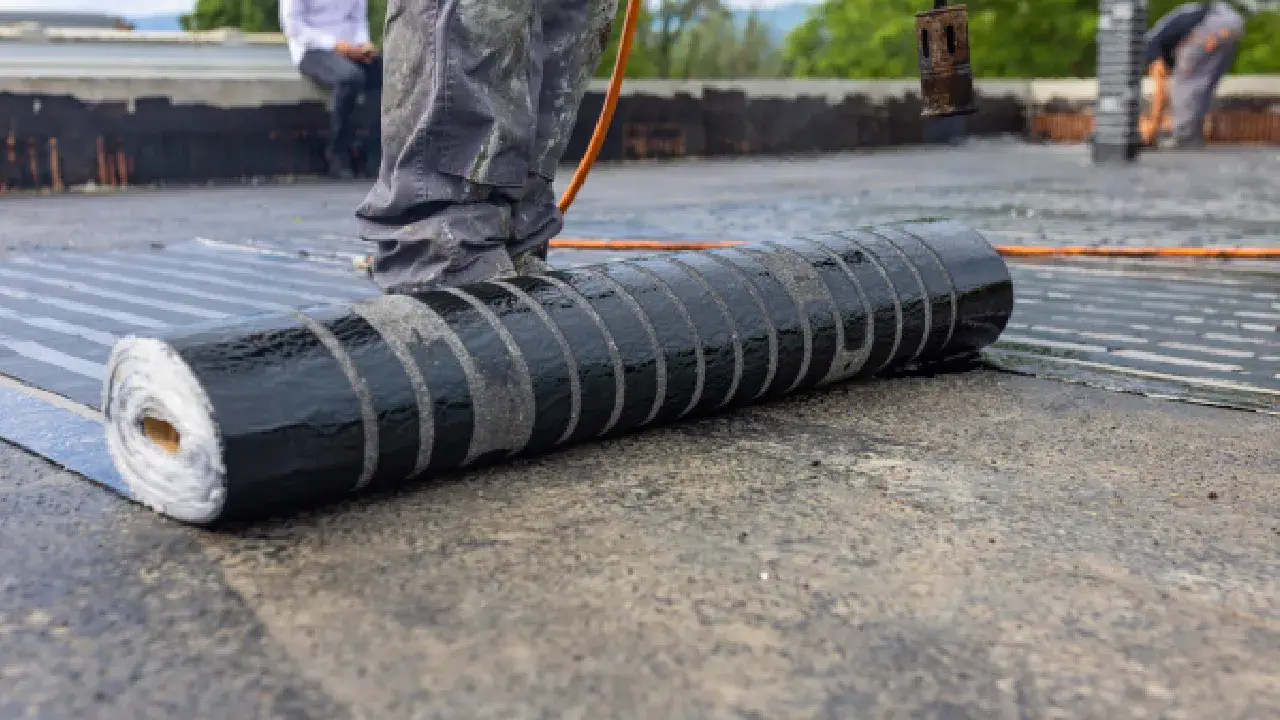Roof repair refers to the process of fixing or addressing issues with a roofing system to restore its functionality, durability, and weather resistance. Repair work may involve fixing leaks, replacing damaged shingles or tiles, repairing flashing, addressing structural issues, and overall maintaining or restoring the integrity of the roof. Timely and effective roof repairs are essential to prevent further damage, protect the building’s interior, and extend the lifespan of the roofing system.
Distinguishing Between Residential and Commercial Roof Repair:
- Scope and Size:
- Residential Roof Repair: Typically involves smaller-scale projects, focusing on homes and smaller structures. Materials used may include asphalt shingles, tiles, or metal, depending on the residential architecture.
- Commercial Roof Repair: Involves larger-scale projects, addressing the roofing needs of commercial buildings, warehouses, industrial facilities, and other sizable structures. Commercial roofs may use different materials such as built-up roofing, single-ply membranes, or metal roofing systems.
- Complexity:
- Residential Roof Repair: Often less complex than commercial repairs. Residential roofs are usually simpler in design, with fewer penetrations and features.
- Commercial Roof Repair: Can be more complex due to the size and configuration of commercial buildings. The presence of HVAC systems, skylights, and other equipment may add complexity to the repair process.
- Materials:
- Residential Roof Repair: Common materials include asphalt shingles, wood shakes, tiles, or metal roofing.
- Commercial Roof Repair: Materials vary widely and may include built-up roofing (BUR), single-ply membranes (TPO, EPDM), modified bitumen, or metal roofing.
- Regulatory Compliance:
- Residential Roof Repair: Generally subject to local residential building codes and regulations.
- Commercial Roof Repair: Often subject to more stringent building codes and may need to comply with specific industry standards.
- Access and Safety:
- Residential Roof Repair: Generally easier access and may involve simpler safety considerations.
- Commercial Roof Repair: Often requires more sophisticated safety measures and equipment due to the height and scale of commercial structures.
While there are similarities in the basic principles of roof repair for both residential and commercial properties, the scale, materials, and regulatory considerations often differ, necessitating specialized expertise for each.


